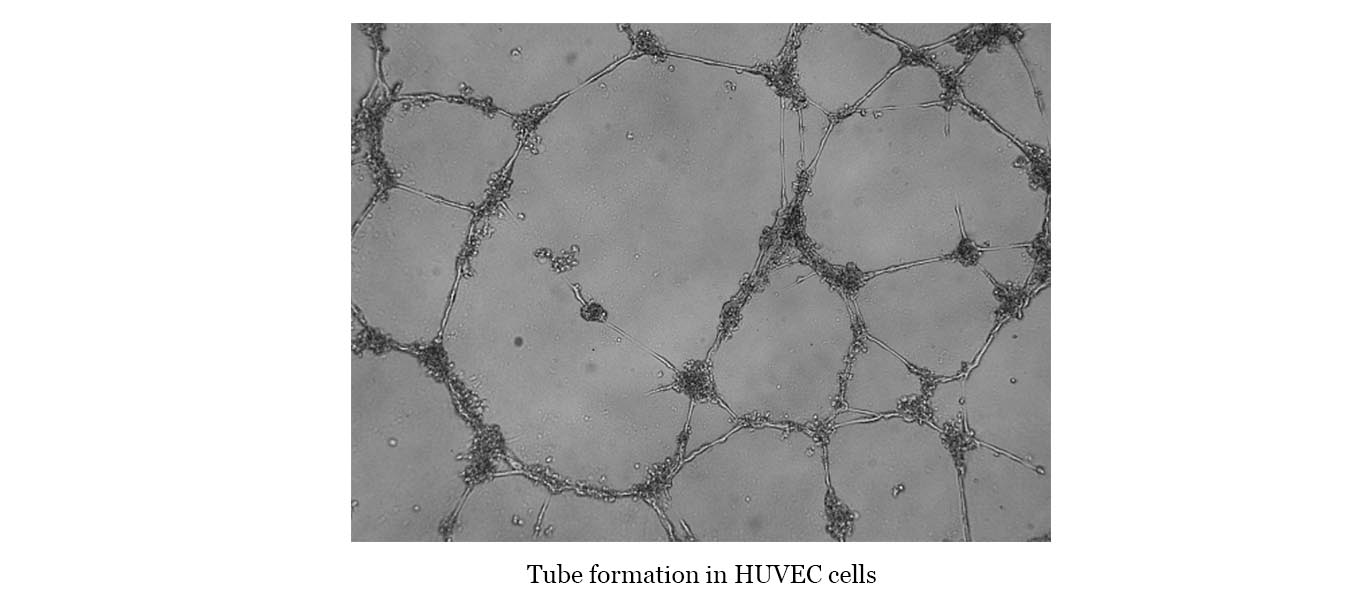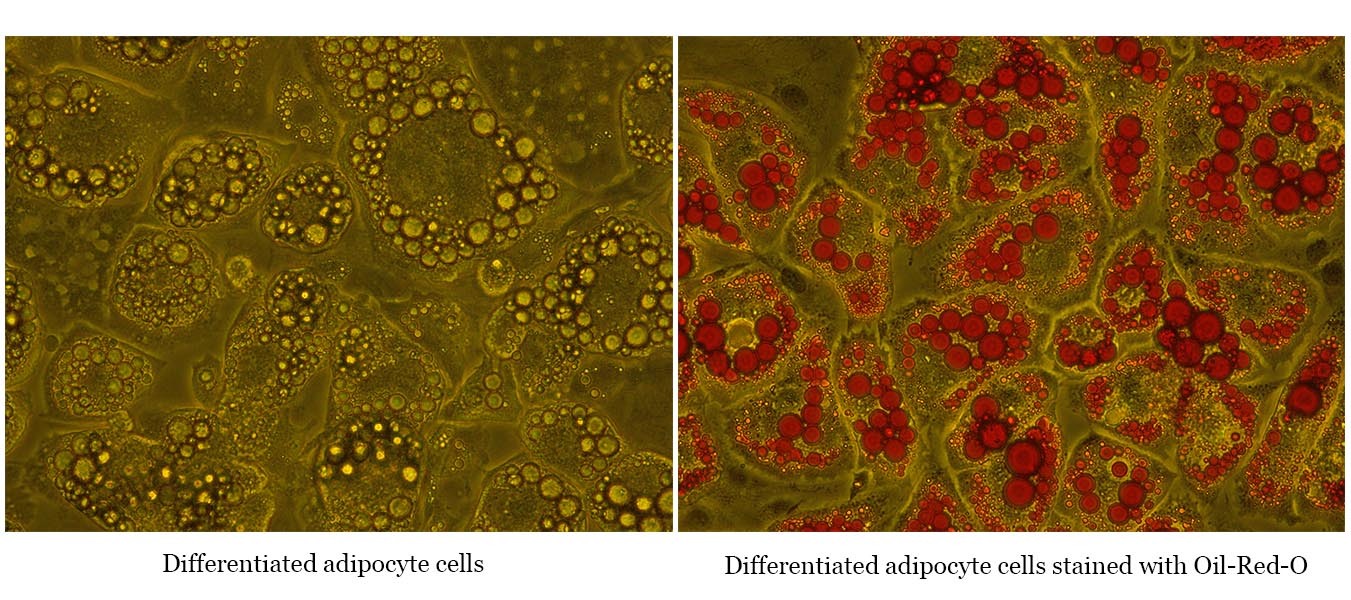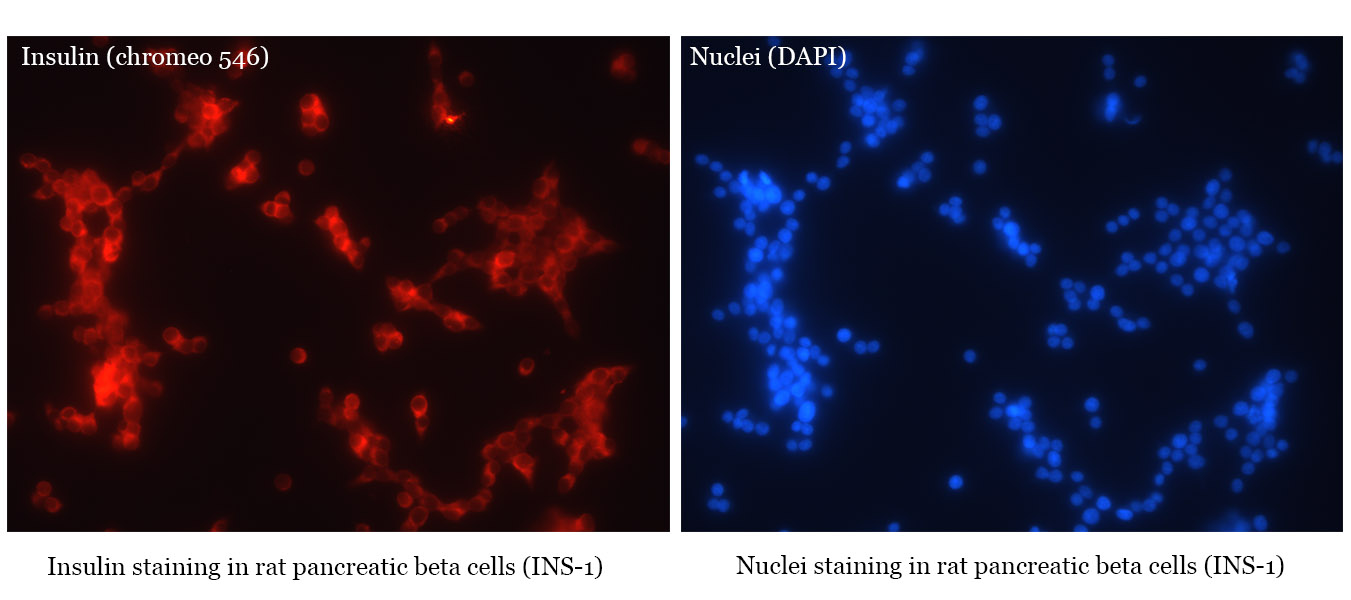Nutritional Sciences
Obesity and Metabolic Health Lab
Research | Publications | Lab Members | Awards & Achievements | In the News | Home
Research
We were the first to identify obesity-promoting effects of two adenoviruses, including Ad36, a human pathogen. Experimental Ad36 infection of various animal models produces obesity. Natural Ad36 infection is associated with obesity in humans and non-human primates. One long term goal is to develop a vaccine to prevent obesity caused by the infection from these viruses. Next, we identified E4orf1, a protein of Ad36 virus that improves diabetes, reduces insulin requirement and reduces fat accumulation in liver. We have received 38 patents and our second goal is to develop E4orf1 as a drug for treating diabetes. We use transgenic animal models to express E4orf1, or virus-vector mediated or nanoparticle mediated delivery of E4orf1 protein to study its efficacy in treating type 1 or type 2 diabetes and Non-alcoholic fatty liver disease (NAFLD). Recently, we are exploring the role of E4orf1 in reducing the progression of Alzheimer's Disease.
Our third goal is to identify strategies to help people lose excess body fat more easily and effectively. For this, we conduct human trials (clinical studies) or community nutrition studies. These include testing the effect of various foods or of obesity drugs on the feeling or hormones of fullness and hunger. For example, many of our studies show the benefit of breakfast cereal or eggs in facilitating weight loss.
Nutritional Sciences
-
Address
Texas Tech University, P.O. Box 41270, Lubbock, TX 79409-1270 -
Phone
806.742.5270 -
Email
hs.webmaster@ttu.edu



